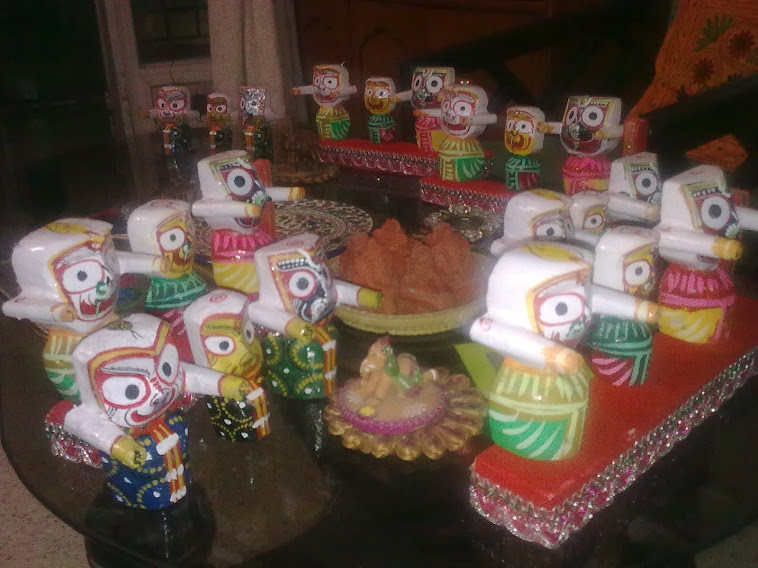
Mahmudul Haque (1941 – 2008), was a critically acclaimed author of 10 novels and numerous short stories. His life illustrates the close cultural ties binding India and Bangladesh. Haque spent his childhood in Barasat outside Kolkata, and his later years in Dhaka. He considered Black Ice (Kalo Baraf in Bengali), to be his favourite work.
First published in 1977, in Bengali, Black Ice draws upon Mahmudul Haque’s personal experience of the Partition to deeply probe the invisible scars bequeathed to the inheritors of the political divide. The book is filled with protagonist Abdul Khaleq’s childhood pain and distress of leaving his country. The author’s family immigrated to East Bengal (formerly East Pakistan and now Bangladesh) when he was a child. There are some clear parallels between the fictional story and the author’s personal experiences of the Partition. “My childhood was strife-ridden, filled with the anguish of the Partition, filled with the pain of being forced out of one’s homeland.” Nevertheless, Black Ice is a work of fiction. “That’s not based on my life,” the author says. “I am not there in it.”
My detailed review of this book is published in Books and More
The story behind this English translation is interesting in itself. Mahmud Rahman is a talented writer and author of Killing the Water. My review of the book here. Rahman shares his personal anecdotes about the author, and how this translation came about:
"The papers in Dhaka bring out weekly literature pages and late in November 2006 I read an interview with an author who was unknown to me. This interview drew me in.
In my first attempt I tried out the familiar bookshops in Dhaka’s New Market. No one had his books. Most salesmen were not familiar with Mahmudul Haque. I lucked out a couple of weeks later, at Dhaka’s second annual book fair, a smaller one than the large February one. They had most of his books and I bought a bunch of them.
The very next day I began to read Mahmudul Haque’s novel Nirapod Tondra. I liked what I was reading and went out to the bookshops at Aziz Market to get more of Mahmudul Haque’s books. By now I had all but one of his novels and his collection of stories Protidin Ekti Rumal. I read this and translated a story from it. Soon after, a second novel Matir Jahaj. And then Kalo Borof. I observed in my journal, “I think it’s a powerful little novel, definitely worth translating.” I decided I would chose that one unless another book turned out to be more appealing. In the meantime I had begun to translate the title story of Protidin Ekti Rumal.
I also began to find a way to make contact with the author.
Right around this time I read the final two of Mahmudul Haque’s novels Oshoriri and Jibon Amar Bon. I was impressed by the lack of romanticism about 1971 in Jibon Amar Bon. In Oshoriri, I admired how much he had packed into this novel of 73 pages. I realized the he was indeed a master of the short novel. After I finished reading all the novels, I settled on Kalo Borof as the novel that seemed the ideal one for me to translate. I would have preferred Jibon Amar Bon, but I was at that point hesitant to try a novel written in much more complex language.
Finally on August 7, 2007 I dialed Mahmudul Haque’s number.
I said, “Amar nam Mahmud Rahman. Ami lekha likhi kori ar apnar golpo onubad korte shuru korechhi. Chhera Taar Daily Star-e chhapa hoyechhilo January mashe. Ekhon ami Protidin Ekti Rumal onubad korchhi. Ekta uponnash o onubad korar icchya ache. Apnar shathe dekha kora shombhob?”
He was quiet and had not interrupted me with any reaction while I had jabbered on. In a plain voice, he said, “Ashen.”
I went the next afternoon and easily found the building. IHe had me sit and then excused himself for a moment. I sat in a living room crowded with furniture, chairs, coffee and side tables, and bookshelves where the books seemed to have lain undisturbed for a while. On the other wall I could see a photo of him with a young boy. There was also a small writing desk in the living room but it was piled high with books and magazines, all old and dust covered.
He returned after putting on a tunic. And we sat down and he wouldn’t let me leave for five hours. We talked about his schooldays, the places he had lived, the history of Dhaka, his writing, his not writing, his fascination with the rural landscape of Bikrampur, his family history, his mother, his interest in gemstones, his disillusionment with Bangalis, and numerous other threads of interest. I realized he was a thoroughly engrossing storyteller.
After the initial meeting, he invited me to return and we would soon settle into a routine where I would show up about every two weeks.
That’s sad to me, that Mahmudul Haque the author, his wife Kajol who encouraged me to translate him, his brother Nazmul Haque who helped me solve an important puzzle and looked forward to the translation coming out, they all died before being able to see the final book. But I’m glad I’ve been able to share it with the children who live in Toronto and Los Angeles."

No comments:
Post a Comment